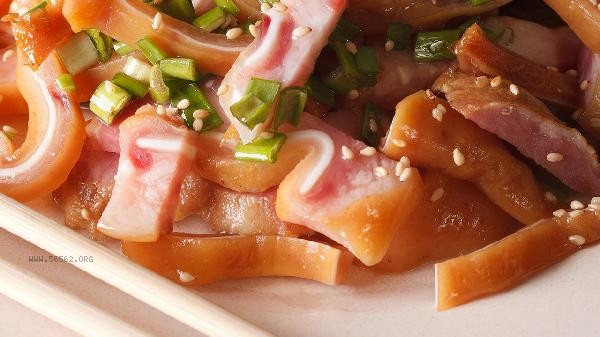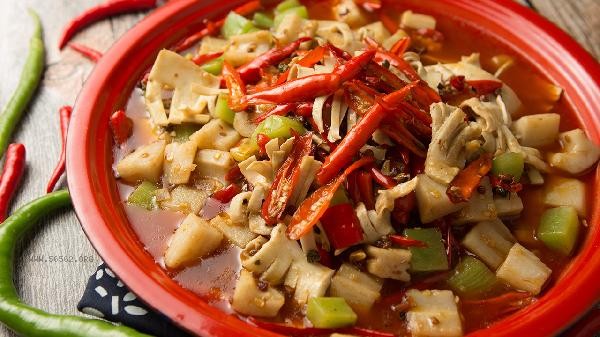Low calorie and high nutrient foods mainly include broccoli, chicken breast, eggs, oats, spinach, etc., which can meet nutritional needs without easily causing weight gain.

1. broccoli
broccoli is rich in vitamin C, vitamin K, and dietary fiber, with extremely low calories and strong satiety. The sulforaphane it contains has antioxidant properties and helps promote metabolism. When cooking, it is recommended to steam or stir fry quickly to maximize the retention of nutrients.
2. Chicken Breast
Chicken breast is a typical source of high-quality protein, containing only 165 calories per 100 grams and less than 4 grams of fat. The process of protein digestion and absorption consumes more calories, making it suitable for consumption during the fitness and muscle building period. Pay attention to skinless cooking to further reduce fat intake.
III. Eggs
Whole eggs have high nutritional density and controllable calories, and the yolk contains lecithin, which helps with lipid metabolism. The protein portion contains almost no fat and is suitable as an extra meal option. The cooking method of boiling or steaming eggs can avoid the addition of extra oil.

4. Oats
Oats' β - glucan can delay gastric emptying rate and maintain blood sugar stability. Its dietary fiber content is 10 times that of refined white rice, and consuming it with milk can increase calcium intake. Choosing raw oats has more nutritional advantages than ready to eat oats.
Five, Spinach
Spinach is rich in folate, iron, and vitamin A, with only 23 calories per 100 grams. The oxalic acid content is high, and blanching and cold mixing can improve mineral absorption. Eating foods rich in vitamin C can promote non heme iron conversion.

Diet for weight control should pay attention to nutritional balance, and it is recommended to consume more than 12 types of food per day, with priority given to natural unprocessed ingredients. In addition to the above-mentioned foods, mushrooms, deep-sea fish, low sugar fruits, etc. are also high-quality sources. Reduce frying during cooking and use low-temperature methods such as steaming and stewing to avoid implicit heat intake. Regular meal times, combined with moderate aerobic exercise, can establish a sustainable healthy weight management plan. Special groups such as diabetes patients need to adjust their dietary structure under the guidance of nutritionists.








Comments (0)
Leave a Comment
No comments yet
Be the first to share your thoughts!